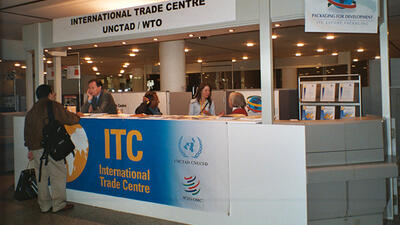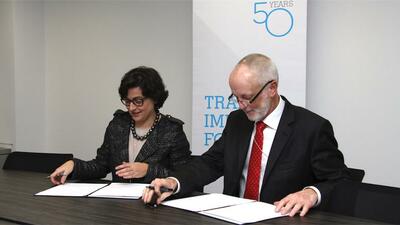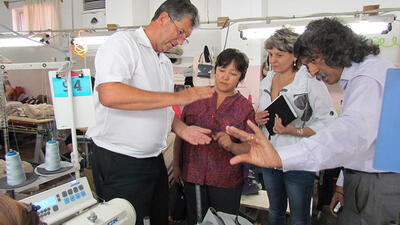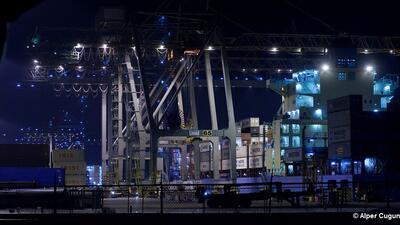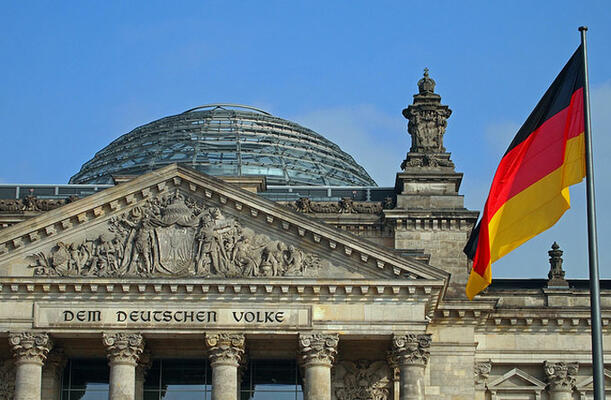
El Director del ITC se dirige al Parlamento alemán: las agencias multilaterales son esenciales para proporcionar asistencia (en)
BERLIN – Multilateral trade assistance and bilateral aid play complementary roles and in a number of areas multilateral assistance is more effective, ITC Director Friedrich von Kirchbach told members of the Committee on Economic Cooperation and Development of the Bundestag, the lower house of the German Parliament, yesterday. Germany spent EUR 497 million on trade related technical assistance and over EUR 4 billion on total Aid for Trade last year, most of which was disbursed via the German Agency for International Cooperation (GIZ). Germany contributed $2.8 million to ITC last year.
Mr. von Kirchbach, who heads ITC’s Division of Country Programmes, highlighted the design of national export strategies, the Ethical Fashion Initiative and ITC’s database of voluntary standards, as three areas where a multilateral agency’s neutrality and global perspective is an important success factor. “A multilateral agency can also mobilize the world’s best talent,” he told German MPs. These advantages create strong stakeholder buy in, which makes interventions more effective, he said.
Over the last ten years Germany contributed US$ 27.7 million to ITC, making it the fifth largest donor.
The Chair of the Committee, Ms. Dagmar G. Woehrl, recognized the significant contribution of ITC to trade-related technical assistance, and MPs from various parties emphasized the importance of South-South trade promotion, private sector involvement and the respect of social norms in standards.
Mr. von Kirchbach also emphasized the exemplary cooperation between GIZ and ITC in many beneficiary countries, where the two agencies run complementary projects. In Kyrgyzstan, for instance, ITC was the first agency to fund quality-management improvement projects and certification preparation at various companies in the agribusiness industry back in 2009. In subsequent years, several larger agencies, including GIZ, offered assistance to fund quality-management projects in the agribusiness sector, allowing ITC to move on to other areas. (For more info see http://www.intracen.org/World-Bank-USAid-mainstream-ITC-project-methodology-in-Kyrgyzstans-agribusiness-sector/.) The two agencies are also cooperating assisting the country with its export strategy: GIZ participated in the development of Kyrgyztan’s export strategy, while ITC is providing assistance in its implementation.
An example of a direct area of cooperation between GIZ and ITC is Standards Map, a project with the objective to increase the participation of developing country exporters in sustainable trade. It enables users to analyse and compare information on 100 voluntary sustainability standards operating in over 200 countries, allowing them to identify the certification standards most relevant to their particular product and market segment. The German government is not only the largest donor for the project, but its government procurement offices also use the database to encourage sustainable imports from developing countries into Germany. Officials use the database to compare sustainability related provisions in local, regional and national procurement guidelines with the requirements set by various sustainability standards and identify those standards that match procurement needs.
“Based on our positive track record, we hope to be able to launch more and larger joint projects in the future,” Mr. von Kirchbach concluded the discussion with German MPs.





